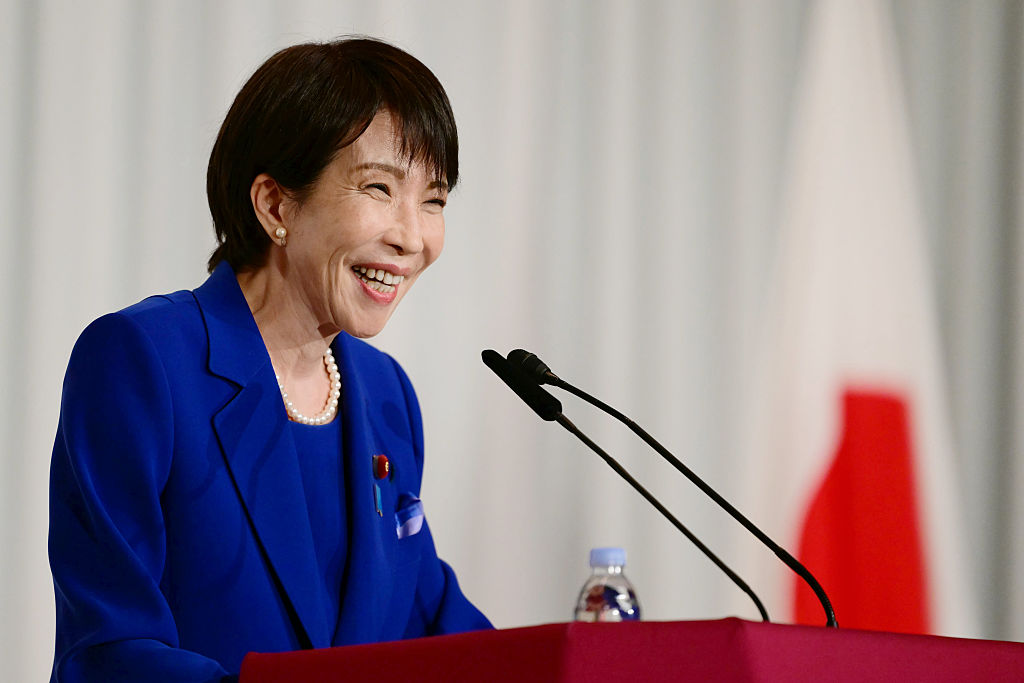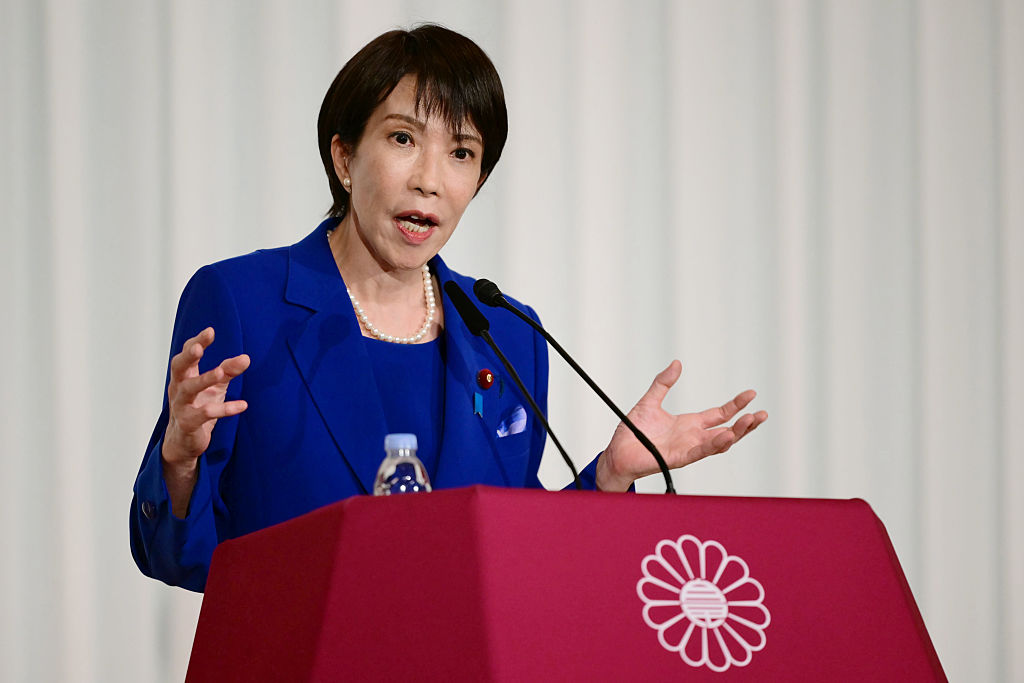I’ll never forget an unusually frank conversation I once had with a Japanese acquaintance (let’s call him ‘Yoshi’). He was explaining how his marriage had failed, after only a few weeks:
‘I never had time to myself. Whenever I got home, she was always there.’
He stressed the words ‘always’ and ‘there’, drawing them out with a sad, weary, frustration. I remember wondering what exactly he’d been expecting, but it seemed rude to ask. Yoshi’s words came back to me this week when I read that, in an impressively opportunistic move, a firm in Tokyo is capitalizing on the COVID-19 lockdown by letting out rooms for people who are finding prolonged exposure to their partners in small garden-less dwellings rather more stressful than potential exposure to the virus.
The firm Kasoku is offering short-term rental units, with facilities for tele working. The object, they say, is to prevent a surge in the numbers of ‘Corona rikon’ (Corona divorce) the new trending phenomenon here in Japan. Apparently, the head of the firm got the idea after losing a girlfriend in this way.
This is a worldwide issue, of course, but the fact that the Japanese have given it a name, and started to exploit it commercially, suggests it may be more acute here than elsewhere. Why this is may be explained by considering Japan’s adherence to traditional gender roles, and certain peculiarities of Japanese marriage.
The concept of a woman’s realm is still very much alive in Japan, and this is causing tensions under the current circumstances. One such realm is the supermarket, and last week Osaka mayor Ichiro Matsui called for men to take over their wives’ traditional shopping duties for the duration of the crisis. We are advised to shop quickly and infrequently, and Matsui’s reasoning was that women take too long, fretting about tiny price differences or fumbling endlessly for point cards and discount coupons. Men can do the job far quicker, he argued. His remarks, potentially career ending in a western politician, were only very mildly controversial here.
But the inner sanctum of the women’s domain in Japan is the home, and it is here that the pressure is really building. Social media has been alive with posts from housewives maddened by their suddenly ever present spouse’s impingement on their territory, and general disrespect for or ignorance of the strict etiquette of the household, including the new hand washing and face mask rules. It seems that men in lockdown simply don’t know how to behave.
Compounding the problem is that in Japan not only do relatively few couples live together prior to marriage, thus missing out on a potentially useful compatibility exercise, quite a few live separately even after marriage, at least for some of the time. The ‘tanshin-funin’ system, whereby the husband lives apart from his family in company accommodation, in another city, or even country, potentially for months on end, is still quite common.
Another possible contributor to the domestic discord is that until quite recently a significant proportion of Japanese couples were paired off by matchmakers, in a system known as ‘omiai’. This could be done informally by friends, or through official introduction agencies. Many older couples are likely to have met in this way.
Omiai is a perfectly respectable ways to find a partner, and there is some evidence that such marriages are more successful than love matches. But the arrangement does rather depend on the couples not actually spending huge amounts of time together. The wives, typically, look after the house — where they wield absolute power, and the men spend the majority of their time at the office, or in compulsory after work drinking sessions. With holidays of just a week or so a year, actual face-to-face time in the home is very limited.
Flaws in this system began to emerge as changes to working habits saw men retiring earlier, or being made redundant. Suddenly, not particularly old people found themselves spending every hour of every day with a partner they hardly knew, and had never developed a comfortable rapport with. The phenomenon of late-life divorces became a major issue, with the number for couples married over thirty years quadrupling between 1985 and 2004.
Of course, there is another possibility: that the lockdown is simply being used as a pretext by bickering couples with underlying issues. As with those succumbing to the virus itself, there may be a number of co-morbidities involved in these floundering relationships.
If true, there is an interesting comparison here with the large number of foreigners who left Japan after the earthquake and tsunami of 2011, long past the point when there was any significant danger, effectively using the disaster as handy excuse to justify quitting a country and life that they had grown tired of/
Whatever the explanation, ‘Corona rikon’ is another example of one of the lockdown treatment’s unpleasant side effects: the revelation of uncomfortable truths about our societies. In the West, we have learned that there are some among us prepared to hoard toilet paper or snitch on our neighbors; while some Japanese are becoming aware of how fragile their domestic harmony actually is.

























